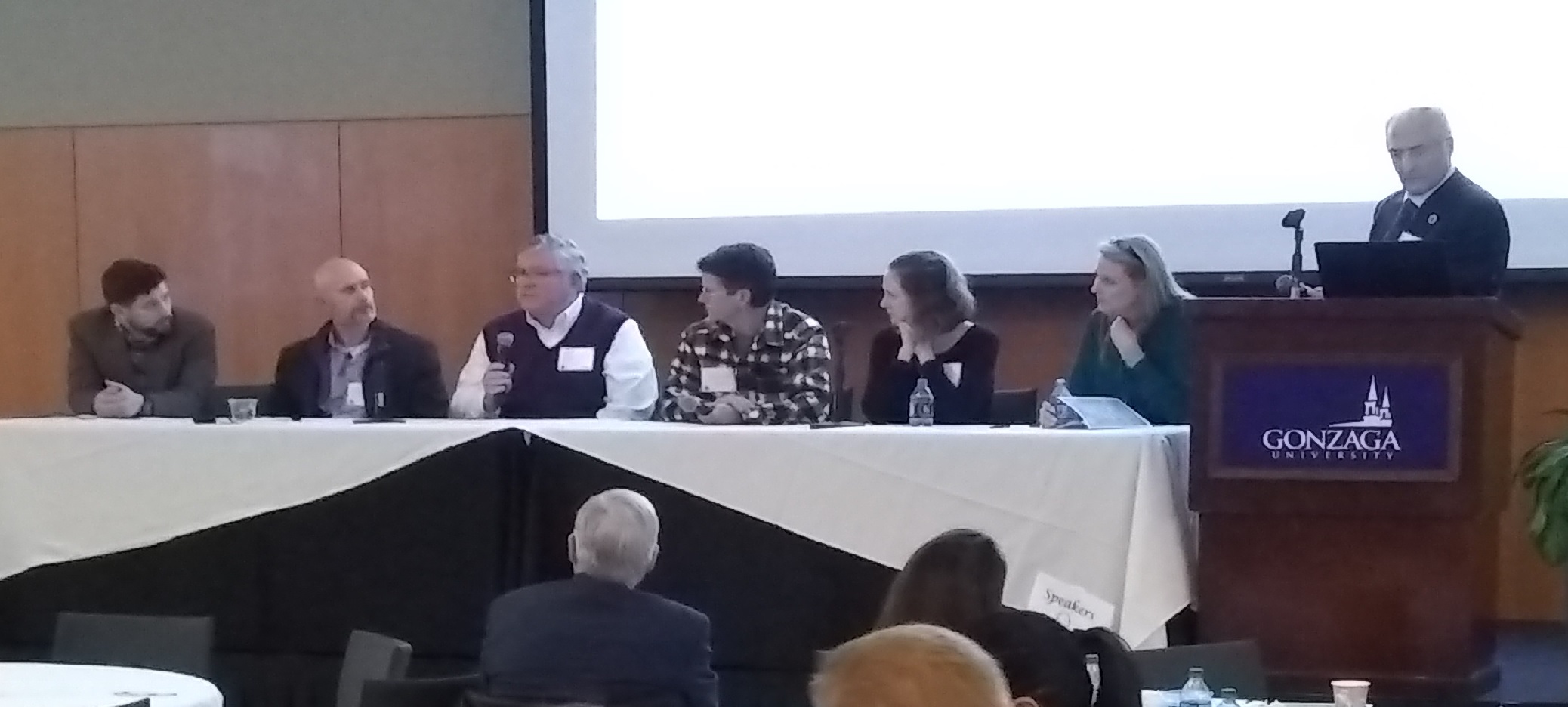Helping people who struggle with pornography has never been a focus of my writing ministry, even though I have written extensively about sexual ethics and modesty. I have never personally struggled with porn and I have always found it distasteful and kind of “icky” to talk about. However, that will be changing. Last Saturday Salvo Magazine asked me to report on a conference at Gonzaga University on how porn has become “the new drug.” I came away from the conference convinced that this is a crucially important topic that requires just as much of my attention as some of the other issues I frequently write about. So keep an eye out for my report in upcoming editions of Salvo Magazine.
Since the conference, I have continued exploring the nature of addictive behavior. This is an issue close to my heart since earlier this month I watched a friend of mine break up his family and destroy his life through alcoholism, all the while knowing (and even telling me) exactly what the consequences of his drinking would be and hating himself for it. Many of us may know men who are in a similar position with pornography: they choose to go on their computers and view porn even though they know it will destroy their family, cause them to lose their jobs, make them miserable, and destroy their ability to enjoy sex with a real woman.
Those who do not understand the psychology of addiction find these behaviors baffling. It seems bizarre to us that an addict would deliberately choose to engage in behaviors that he or she knows will only bring misery in the long-run. Those who do not understand the psychology of addiction may be tempted to take a moralistic approach that simply prescribes greater willpower.
In reality, addictive behavior is not bizarre, nor is it senseless. I don’t want to oversimplify a very complex subject, but at its root addiction is about problems with pain-management. Why do people choose to repeat addictive behaviors even when it ruins their life and puts them in so much misery? Because however much pain addiction brings into someone’s life, this pain is still not as strong as the perceived pain involved in changing.
One of the challenges involved in overcoming addiction, and which can be even more frightening than the misery wrought by the addiction, is to voluntarily lean into whatever inner pain the addiction is masking over. And this brings us back to a theme I explored in my article “Being Mindful With Emotional Discomfort” as well as some of my work on courage: we usually look for things to lessen our pain instead of seeking ways to increase our threshold for bearing with pain.
A key to addiction recovery is having the courage to move into the realm of fear and to embrace whatever pain the addiction allows temporary escape from. But that can be very very hard. It might be even harder than going through the suffering that addiction leaves in its wake, since it could involve extensive inner-work. It might involve talking to a therapist about difficult things like shame, abandonment, loneliness, self-image, fear, trauma, and so forth.
Recognizing this places key limits on those of us who would like to help addicts who are not ready to be helped. People are not willing to change until the pain they are in becomes worse than their fear of change. That may sound heartless, but it is also a key to having compassion on addicts, for it challenges us to reflect on how much inner-pain a person must have if that person is willing to ruin his life and relationships to avoid facing it.
To face our pain is a key to spiritual growth, since a spiritually and psychologically healthy person is able to embrace pain for the sake of his or her overall well-being in much the same way that a good athlete is able to embrace physical pain.


